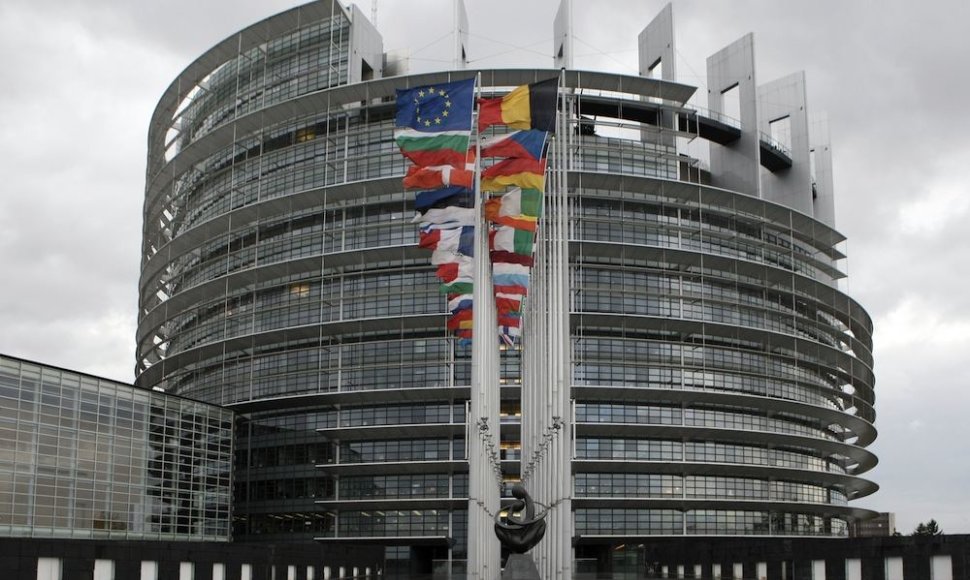"The European Parliament is going to say 'yes' to this, of course. But the problem in the European Parliament perspective will be the negotiations with the Council, of course," Mikael Gustafsson, chairman of the EP Committee on Women’s Rights and Gender Equality (FEMM) said in an interview to BNS.
Lithuania, which is among nine EU member states that stand against the quotas, will have to lead the talks among EU institutions in the second half of this year.
"You should really fight today's system because today you have a quota system but it is a male quota system, informal male quota system when men elect men, men nominate men, men choose men. If you want to get rid of this informal quota system, you might consider to implement a formal quota system," the Swedish MEP told BNS.
Under EU law, 10 member states can block a proposal by the European Commission.
"There are nine countries - Lithuania and my own country Sweden - are against it. I would lie if I said it should be an easy process. I think the Council will have a lot of questions against this quota on board proposal," Gustafsson said.
Lithuanian President Dalia Grybauskaitė, who met with members of the EP Committee on Women’s Rights and Gender Equality on Thursday, said the Lithuanian EU Presidency would focus on the national experience of EU member states in implementing the gender equality principle.
"Member states' approval of the so-called quota directive will be sought during the Presidency as well. The aim of it is to ensure male-female equality in the decision-making process. It also stresses the need to properly use abilities and competence of men and women while pursuing political goals of the EU," the Press Service of the President said in a statement after the meeting.
Last November, the European Commission proposed a piece of legislation aimed at making listed companies, excluding small and medium enterprises, to have at least 40 percent of their non-executive director board seats reserved for women. Currently, men have 85 percent of non-executive and 91.1 percent of executive seats on boards of EU companies.












